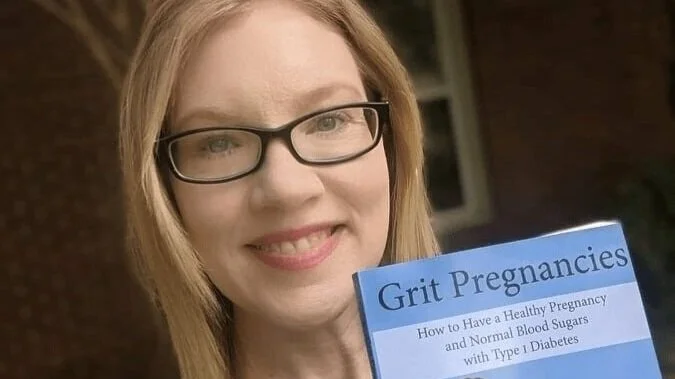January 1, 2025 marked a decade of low carb for me.
It was New Year’s Day 2015 when I decided to take the leap and try it. This was after a year of deliberating, ignoring what I knew to be true, and trying everything else under the sun.
My decision to start low carb was a short-term New Year’s resolution. I committed to a week to see how I felt.
A single week was manageable.
But what I found was astonishing, and Dr. B’s plan worked better than I ever could have anticipated. You can read more of my story here and here.
I’ve been reflecting on what the last 10 years have meant to me, the lessons learned, and what has changed over time.
Overall, 10 years focused on diabetes management has been an excellent use of the last decade.
I’ve gone from 38 years old to 48. My kids were 2 and 7 when I started. Now they’re 12 and 17. They’ve seen the power of me doing something that’s not always easy, but crucial to my long-term health and wellbeing.
Low carb is the absolute best thing I could have done for myself, and like parenting, the days might be long (especially at the beginning) but the years are short.
In reality, though, low carb is a misnomer.
Low carb is the most defining feature of what we call Optimal Diabetes Management. Food is a large part of diabetes management, but just as important are the insulin and correction techniques that we practice.
Food and medication management, when used together, create a powerful system for blood sugar control.
And control of type 1 diabetes is possible, much to the chagrin of many mainstream diabetes groups. While blood sugar levels will never be perfect 100% of the time, when we have the tools to be proactive rather than reactive in blood sugar management, and we know how to quickly and precisely get blood sugar levels in range when needed, that is control.
What has NOT changed over the last 10 years:
The standard diabetes management protocol: The 7% A1c target set forth by the major diabetes organizations is far too high, and leads to diabetic complications due to hyperglycemia (high blood sugar levels). This is gravely harming people who are being told that they’re doing a great job.
Doctors are still shaming and blaming people with diabetes who are experiencing health issues AS WELL AS people who are taking matters into their own hands and improving blood sugar levels. We often cannot win, and many people are traumatized by the medical professionals who are supposed to be helping.
Most people still have to find optimal diabetes management methods on their own.
What HAS changed over the last 10 years:
There are MANY more resources available now. There is an incredible group of international low carb organizations, conferences, professionals, and individuals just like you. There are more people sharing their stories and experiences, like I did when launching diaVerge in 2015. I truly believe we are stronger together and I’m thrilled with the rising of this tide.
Pre-made low carb foods and ingredients are more readily available, which can make the dietary change easier for people. They’re still only available in a handful of countries, and I’m something of a purist and maintain that these should still only be used as the occasional treat.
Diabetes tech is (kindof) improving and is more readily available. With the widespread international acceptance of the Libre sensors, advanced blood sugar monitoring is more accessible.
More people are seeking tighter blood sugar management. They are questioning their medical staff more frequently when told, “Eat whatever you want and dose with insulin.”
While I had hoped we’d be further by this point, and that medical acceptance of low carb would be the norm, that is not yet the case.
The revolution is happening one person at a time - with each one of you.
I can’t imagine where I’d be if I hadn’t made the leap 10 years ago. This has been an incredible decade of self-awareness, trusting the process, problem-solving, and empowerment.
By being mindful and deliberate one aspect of my life (diabetes), I have gained so much freedom in other, much more important aspects of my life -
Freedom from depression and other health issues
Freedom from my own worry and self-blame
Freedom for my family. They no longer have to worry about my erratic blood sugar levels.
I have gained so much as a result of this change in diabetes management - and most importantly, I have gained this incredible community of people. In my opinion, after food and medication, community is the key third component of the management of chronic conditions.
If you’re on the fence, not knowing if this change in diabetes management is right for you, I urge you to do your research. Read all you can. Join the online groups. Talk to people.
If I were to go back to early 2014, when I first Read Dr. B’s book, I would have started then and NOT stalled for another whole year, in denial.
Do not wait until you’re desperate, like I was, at rock bottom or experiencing grave health issues thanks to diabetes.
There is never a right time.
Do not wait until you’re ready, or you’re confident enough, or your life settles down enough. You’ll be waiting a long time.
What I’ve learned: Do it scared. Do it nervous. Committing to a week changed my life.
What is one small action that you can take today to get you closer to your health goals?
SUBSCRIBE
Sign up to receive the weekly diaVerge email about both the mental and physical side of optimal diabetes management.
.







